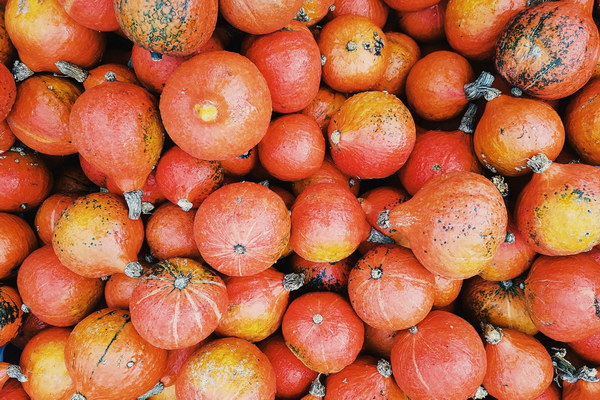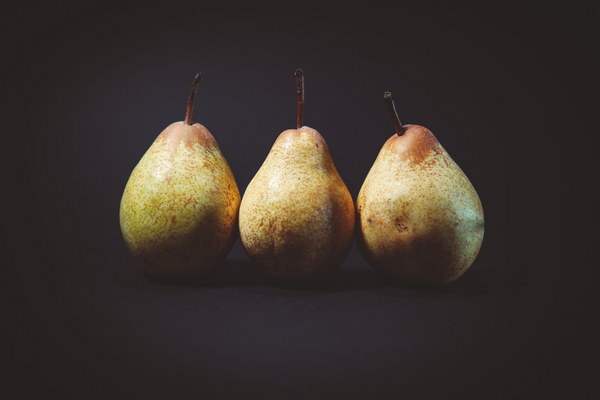The Unexpected Consequences of LiverDamaging Traditional Remedies
In recent years, traditional remedies have gained popularity as an alternative to conventional medicine. One such remedy, known as Yanggan Wan, has been praised for its supposed liver-protecting properties. However, a growing number of cases have emerged, revealing that this very product may be causing liver damage instead. This article delves into the issue of liver damage caused by Yanggan Wan and explores the reasons behind this alarming trend.

Yanggan Wan is a traditional Chinese medicine formula that has been used for centuries to treat liver-related conditions. It is believed to contain natural ingredients that help cleanse and nourish the liver, thereby improving overall health. However, recent research and clinical reports have shown that this seemingly beneficial product may actually be harmful to the liver.
One of the primary concerns regarding Yanggan Wan is the presence of toxic heavy metals in its composition. According to studies, the remedy contains high levels of arsenic, lead, and mercury, which are known to be harmful to the liver. These heavy metals can accumulate in the liver, leading to liver damage, cirrhosis, and even liver cancer.
Another factor contributing to the liver damage caused by Yanggan Wan is the use of excessive dosages. Many patients and healthcare providers have reported that the recommended dosage is often exceeded, leading to adverse effects. Moreover, the lack of standardized quality control measures in the manufacturing process of traditional remedies has resulted in variations in the concentration of active ingredients, which can further increase the risk of liver damage.
The issue of liver damage caused by Yanggan Wan has raised concerns among healthcare professionals and the general public. Many are now questioning the safety and efficacy of traditional remedies, especially those that claim to offer liver protection. It is crucial for patients to exercise caution and consult with healthcare providers before taking any traditional remedies.
To mitigate the risks associated with Yanggan Wan, several steps can be taken. Firstly, healthcare providers should be vigilant about the potential for liver damage caused by this product and advise their patients accordingly. Secondly, the Chinese government should establish stricter regulations and quality control measures for the manufacturing of traditional remedies. This would ensure that products meet safety standards and reduce the risk of adverse effects.
Furthermore, patients should conduct thorough research before taking any traditional remedies, including Yanggan Wan. They should seek information about the ingredients, dosage, and potential side effects, and consult with healthcare providers to ensure the product is safe for them. It is also essential for patients to be aware of the symptoms of liver damage, such as jaundice, fatigue, and abdominal pain, and seek medical attention if they experience these symptoms while taking Yanggan Wan or any other traditional remedy.
In conclusion, the discovery of liver damage caused by Yanggan Wan is a concerning issue that calls for immediate action. By implementing stricter regulations, raising awareness, and promoting responsible use of traditional remedies, we can help protect patients from the potential harm associated with these products. It is crucial that healthcare providers, patients, and regulatory authorities work together to ensure the safety and efficacy of traditional remedies, particularly those claiming to benefit the liver.









